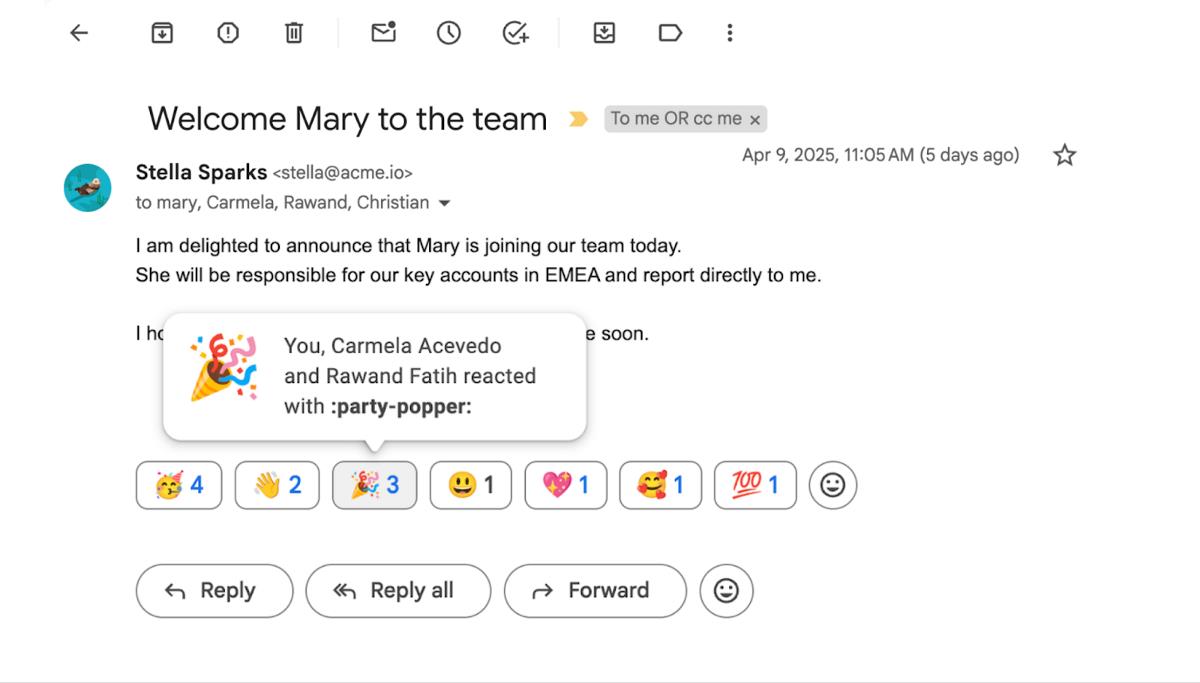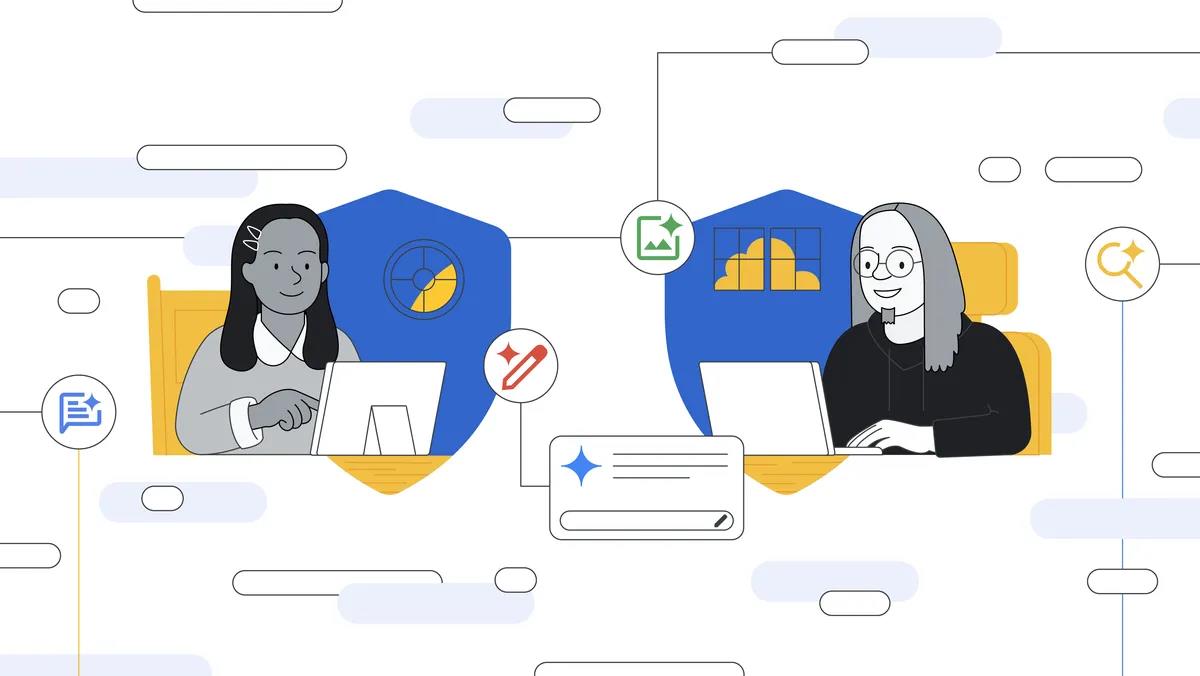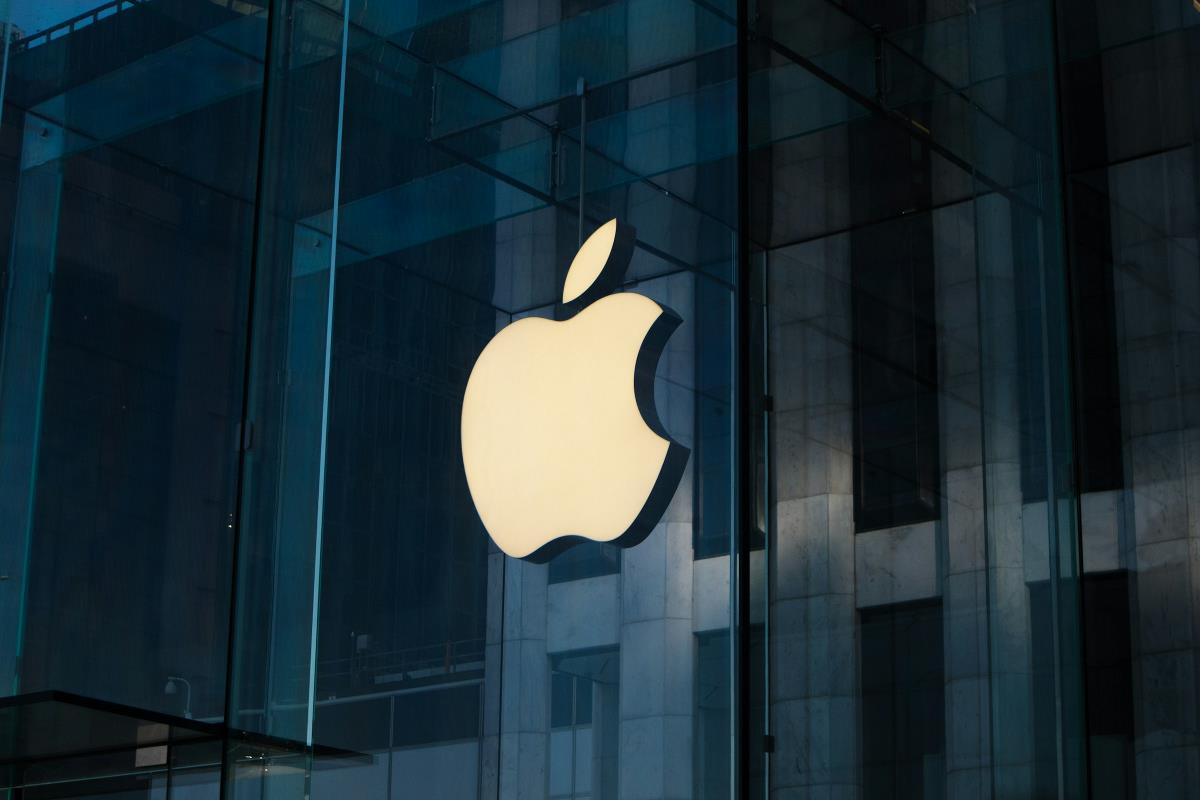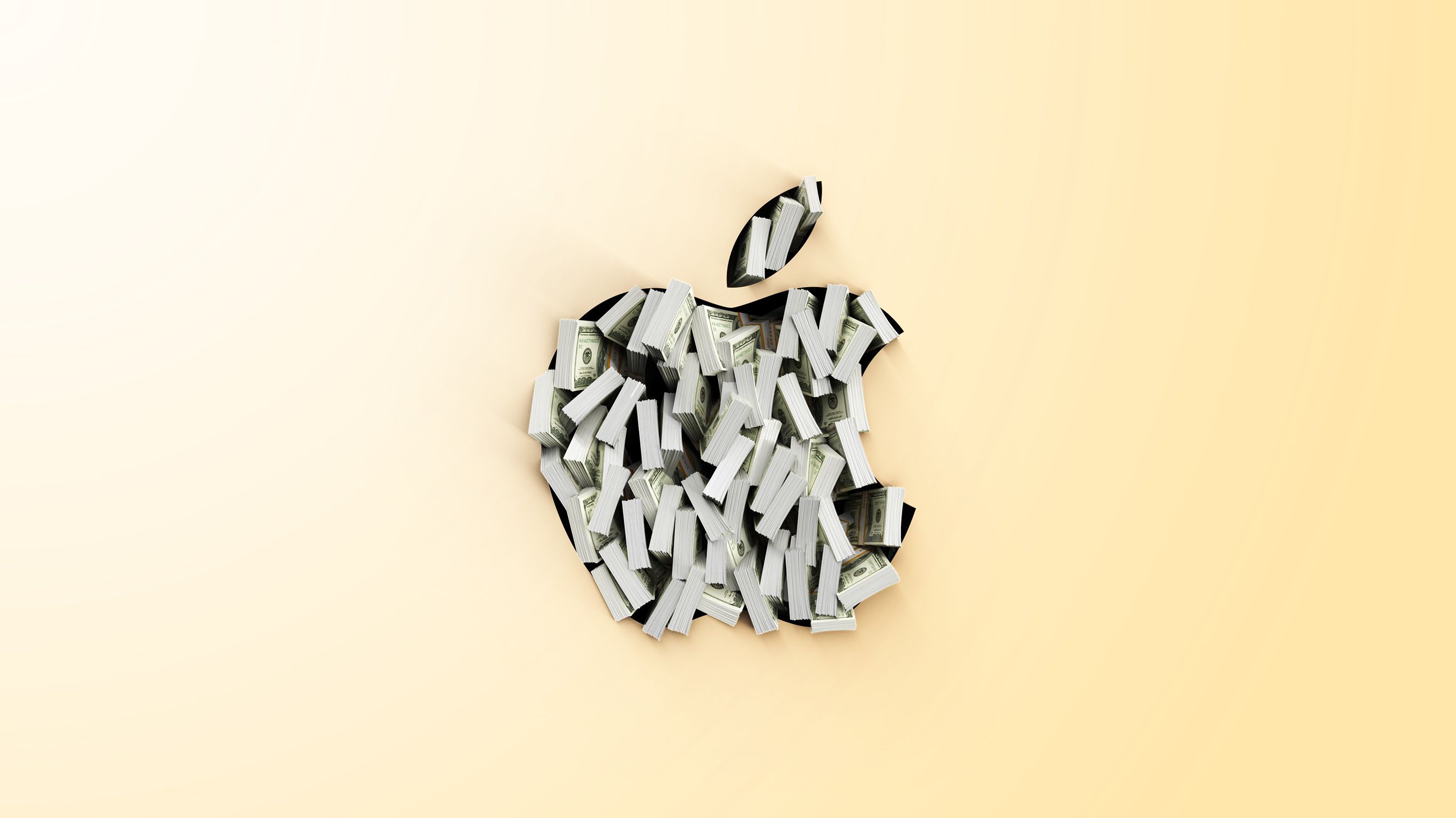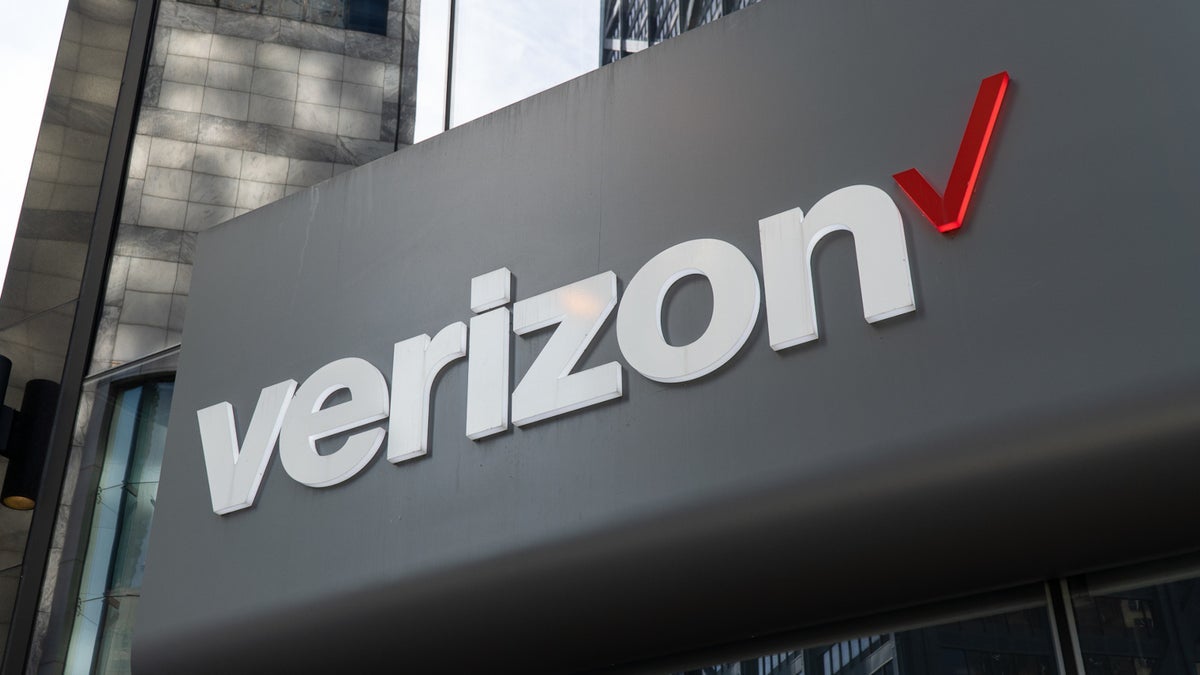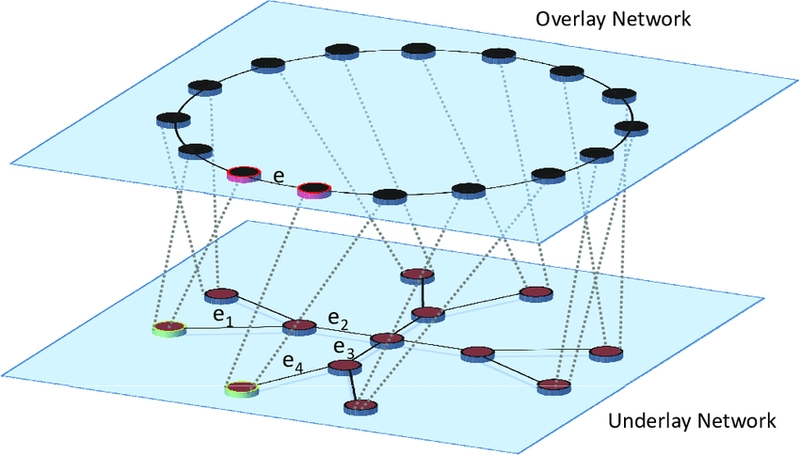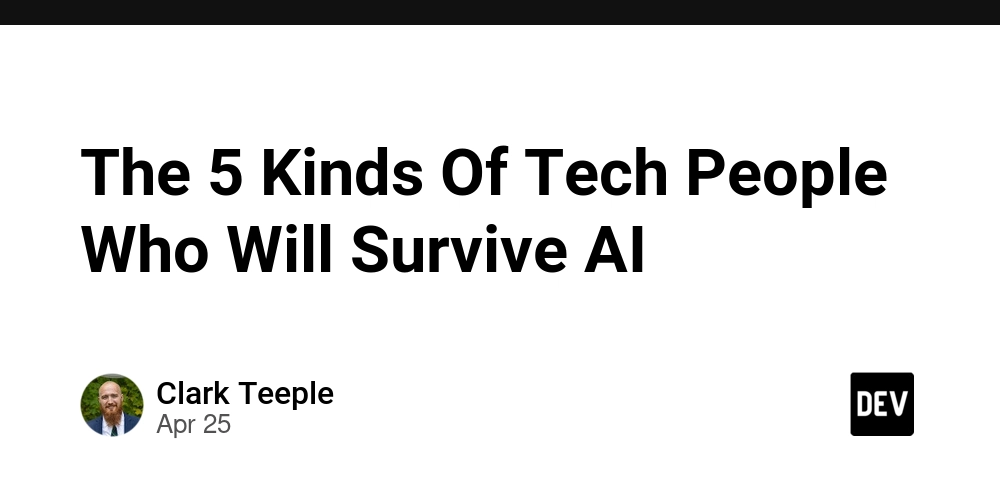Redis Lost. Or did they?!
Not long ago, Redis was tired of being eaten alive by the hyperscalers. Amazon, Microsoft, and Google were running Redis as a managed service, minting money off it while giving nothing back. Worse, they were shipping new Redis features immediately, leaving Redis Inc. with no meaningful way to differentiate, even though they were doing the hard work. So in March 2024, Redis changed its license. No more free lunch. If you were a cloud provider, you couldn't just repackage Redis as a service without a commercial agreement. It was a bold move. And it backfired. The community was furious. The hyperscalers simply forked Redis. AWS backed Valkey. Microsoft and Google followed suit. Redis lost the one thing that had made it truly ubiquitous: its default status. For a while, it looked like Redis had burned its bridges and its moat. But then something strange happened Today, Redis reversed course by going back to an open source license. At first glance, it looks like an admission of defeat. The forks worked. Redis lost. But dig deeper, and this might actually be a win. Why? Because the forks are already committed Valkey and friends have moved on. Their ecosystems are locked in. Redis no longer has to worry about them vacuuming up every feature they release. The split is done, and now Redis can actually compete on product again. Going back to open source reopens the doors to adoption, trust, and community, without handing the keys to the kingdom back to AWS. In a way, Redis played the long game. They broke the extractive cycle, forced the hyperscalers to maintain their own forks, and then stepped back into open source with a clean slate. So… did Redis lose? Maybe. Maybe not. It's certainly too soon to tell, but it's possible that Redis just pulled off the cleanest license judo move we have seen in years. Do you think that was planned all along, or is it them trying to save face? Let me know in the comments! Cheers, Jonas, Co-Founder at sliplane.io
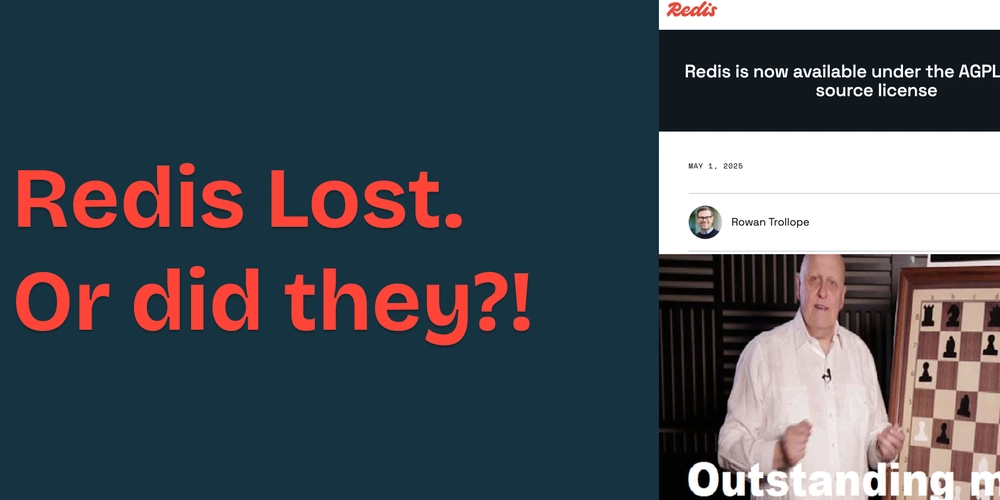
Not long ago, Redis was tired of being eaten alive by the hyperscalers.
Amazon, Microsoft, and Google were running Redis as a managed service, minting money off it while giving nothing back. Worse, they were shipping new Redis features immediately, leaving Redis Inc. with no meaningful way to differentiate, even though they were doing the hard work.
So in March 2024, Redis changed its license. No more free lunch. If you were a cloud provider, you couldn't just repackage Redis as a service without a commercial agreement.
It was a bold move. And it backfired.
The community was furious. The hyperscalers simply forked Redis. AWS backed Valkey. Microsoft and Google followed suit. Redis lost the one thing that had made it truly ubiquitous: its default status.
For a while, it looked like Redis had burned its bridges and its moat.
But then something strange happened
Today, Redis reversed course by going back to an open source license.
At first glance, it looks like an admission of defeat.
The forks worked. Redis lost.
But dig deeper, and this might actually be a win.
Why? Because the forks are already committed
Valkey and friends have moved on. Their ecosystems are locked in. Redis no longer has to worry about them vacuuming up every feature they release. The split is done, and now Redis can actually compete on product again.
Going back to open source reopens the doors to adoption, trust, and community, without handing the keys to the kingdom back to AWS.
In a way, Redis played the long game. They broke the extractive cycle, forced the hyperscalers to maintain their own forks, and then stepped back into open source with a clean slate.
So… did Redis lose?
Maybe. Maybe not. It's certainly too soon to tell, but it's possible that Redis just pulled off the cleanest license judo move we have seen in years.
Do you think that was planned all along, or is it them trying to save face? Let me know in the comments!
Cheers,
Jonas, Co-Founder at sliplane.io
















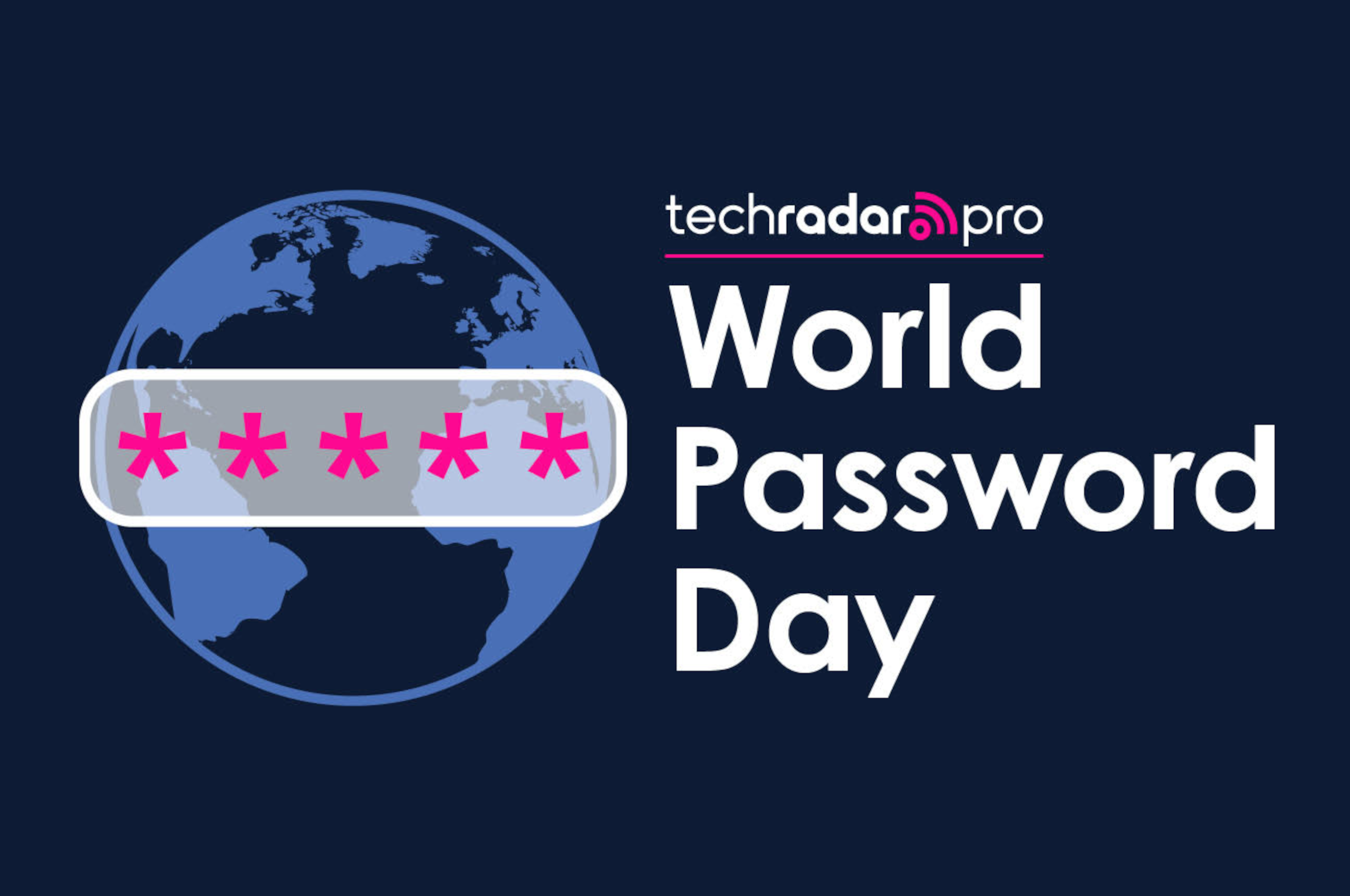























































































































































![[The AI Show Episode 145]: OpenAI Releases o3 and o4-mini, AI Is Causing “Quiet Layoffs,” Executive Order on Youth AI Education & GPT-4o’s Controversial Update](https://www.marketingaiinstitute.com/hubfs/ep%20145%20cover.png)













































































































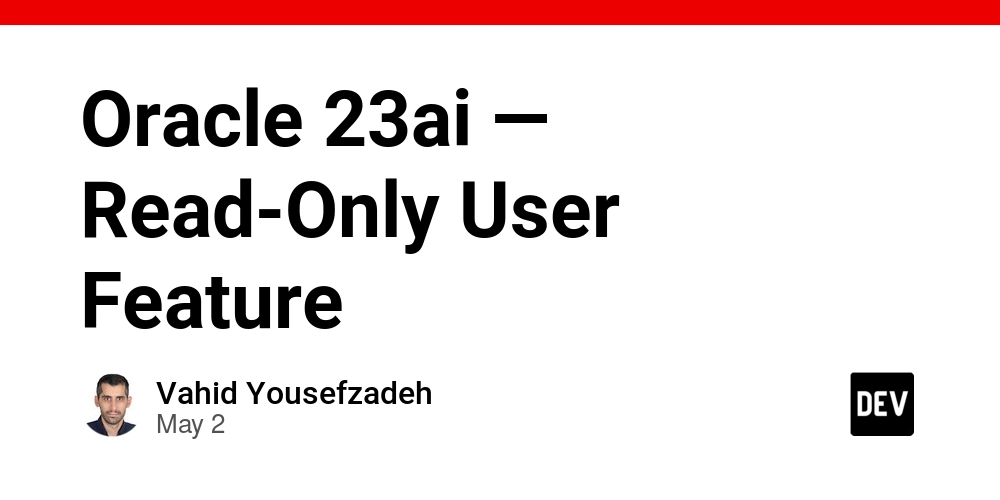
































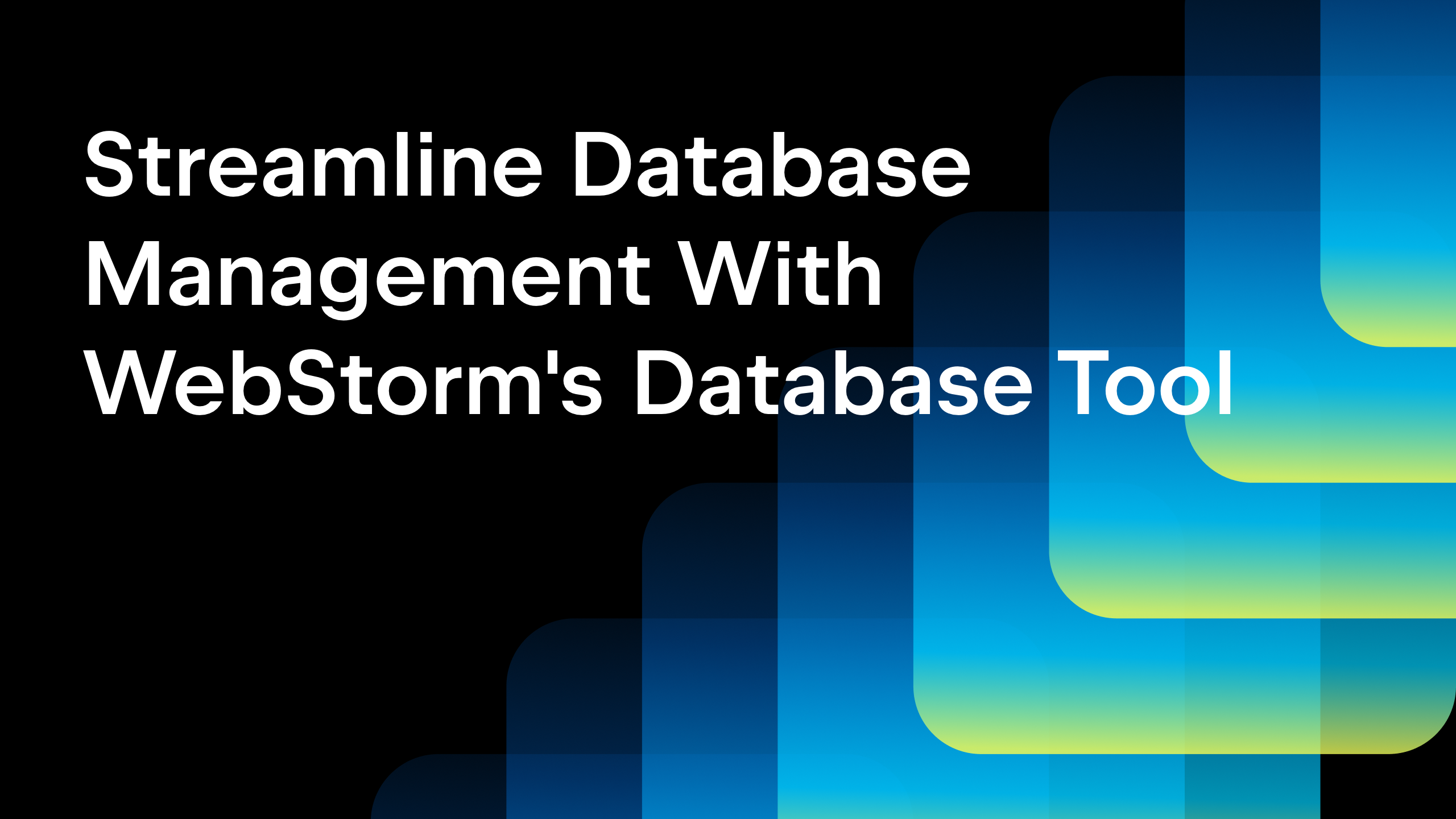



























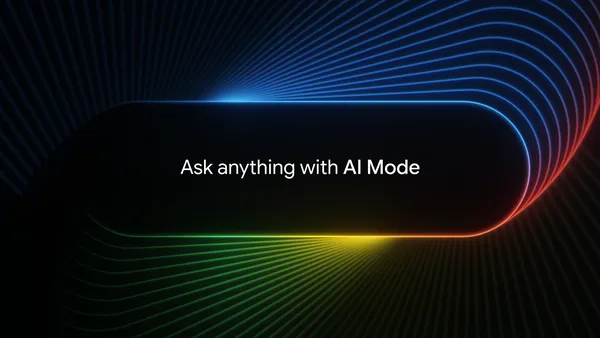














































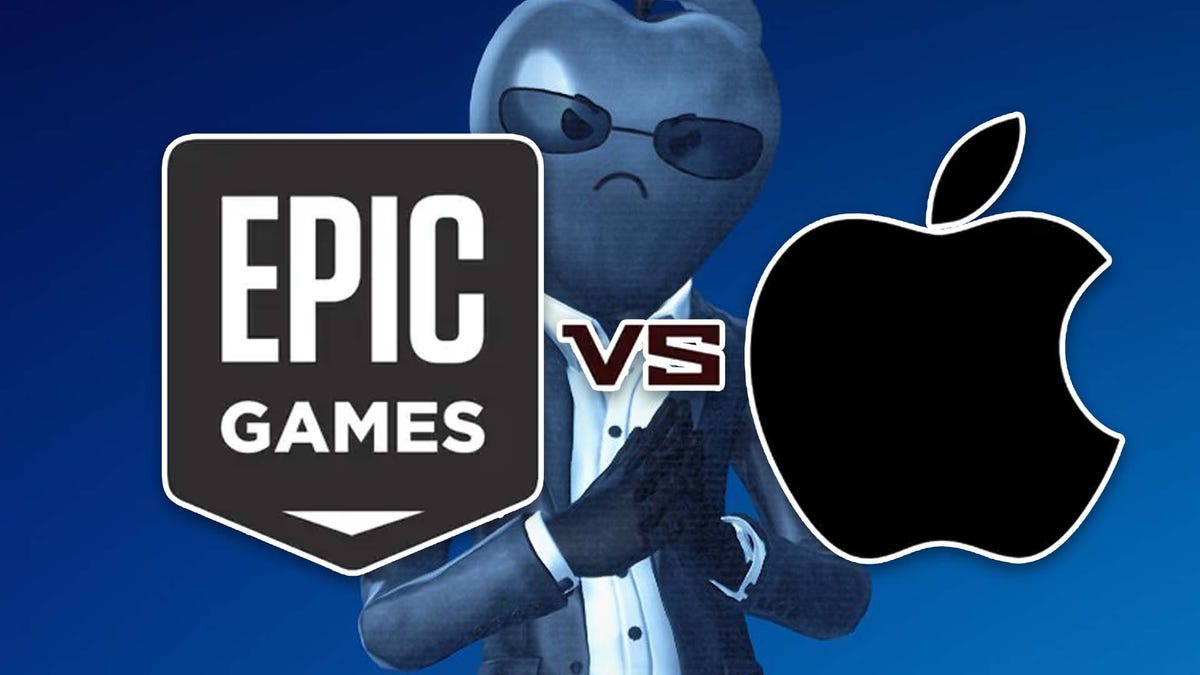






















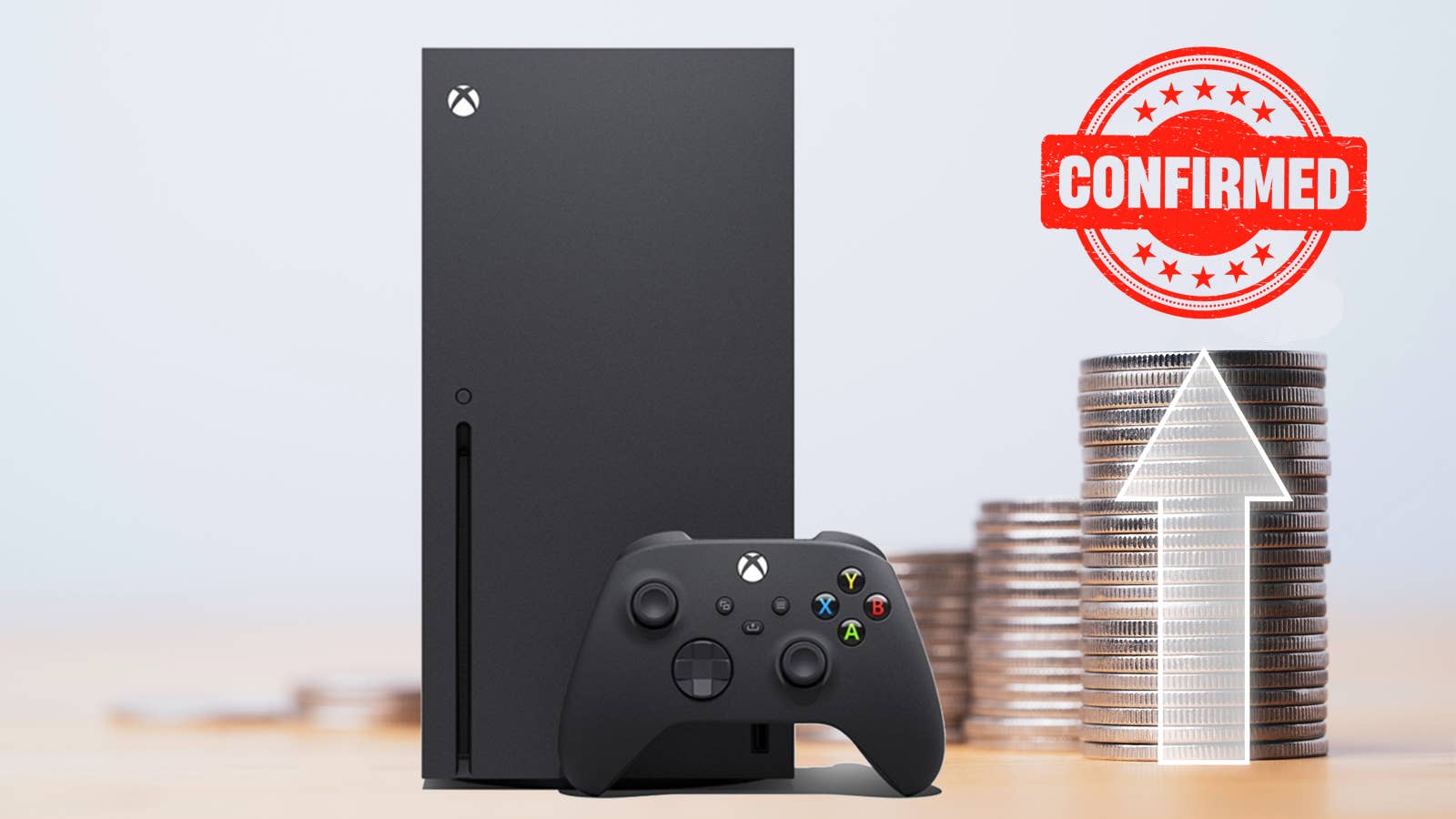



















































































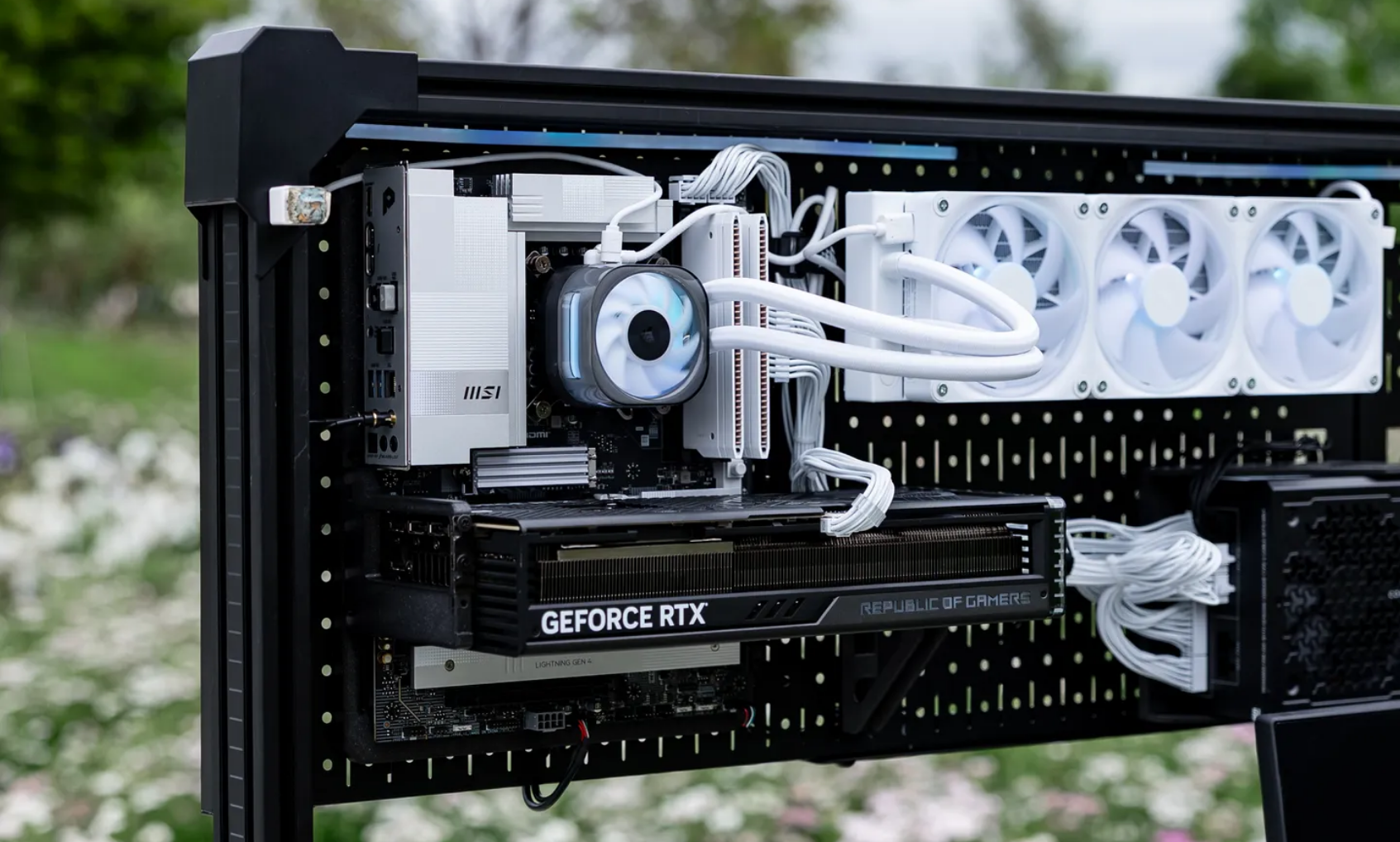






















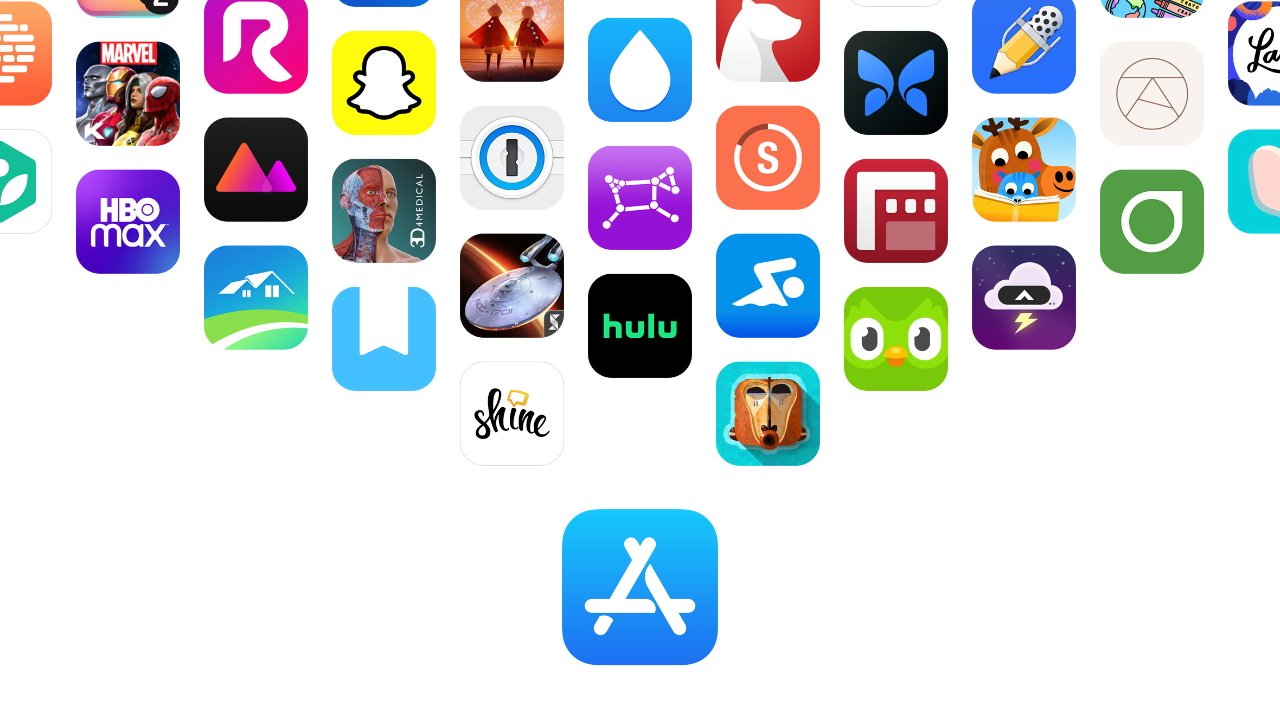



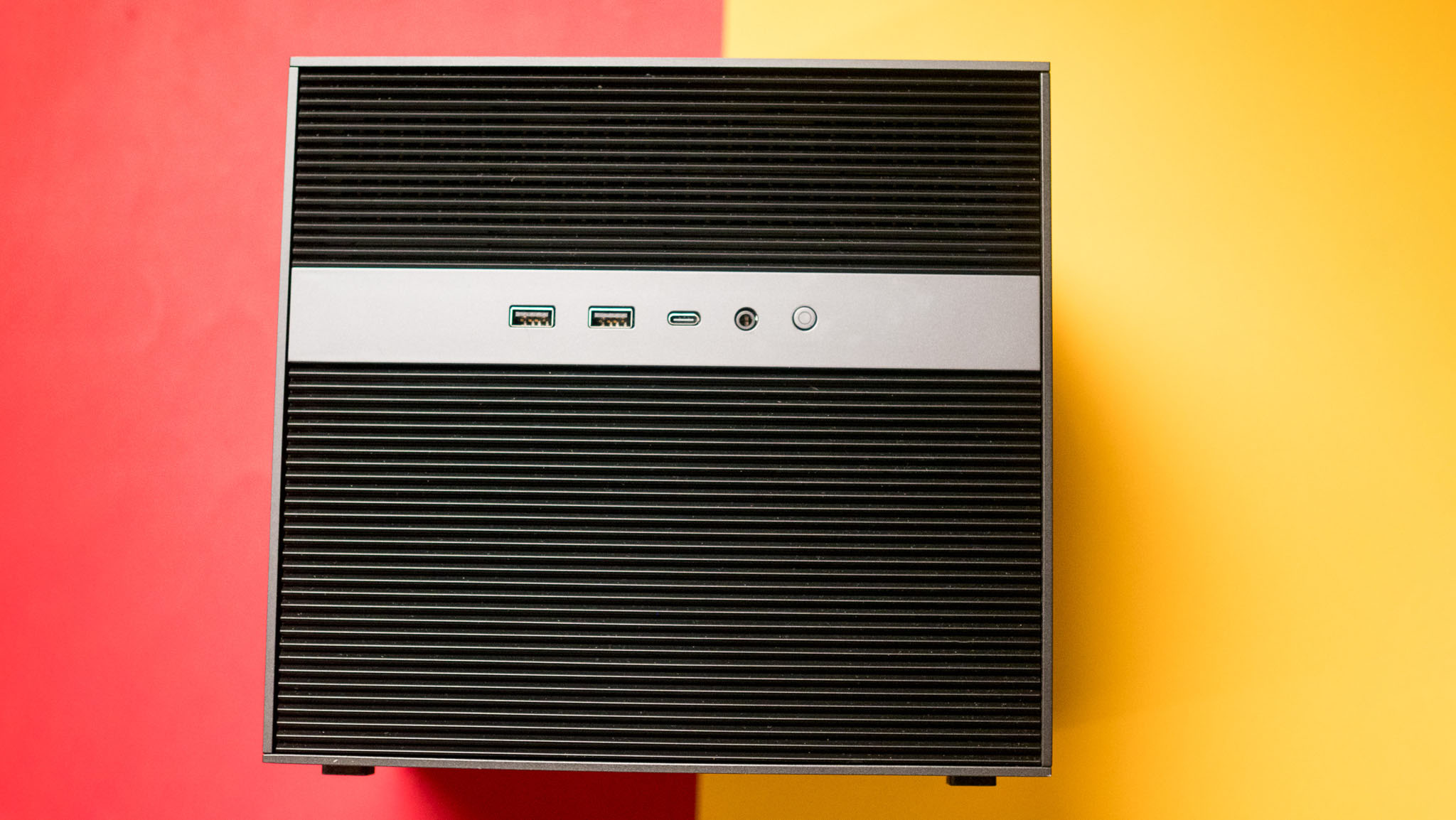








![Google reveals NotebookLM app for Android & iPhone, coming at I/O 2025 [Gallery]](https://i0.wp.com/9to5google.com/wp-content/uploads/sites/4/2025/05/NotebookLM-Android-iPhone-6-cover.jpg?resize=1200%2C628&quality=82&strip=all&ssl=1)


















![Apple Reports Q2 FY25 Earnings: $95.4 Billion in Revenue, $24.8 Billion in Net Income [Chart]](https://www.iclarified.com/images/news/97188/97188/97188-640.jpg)



















